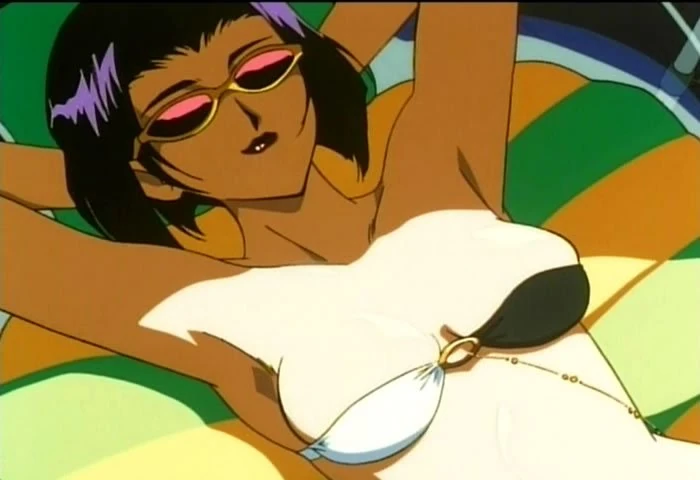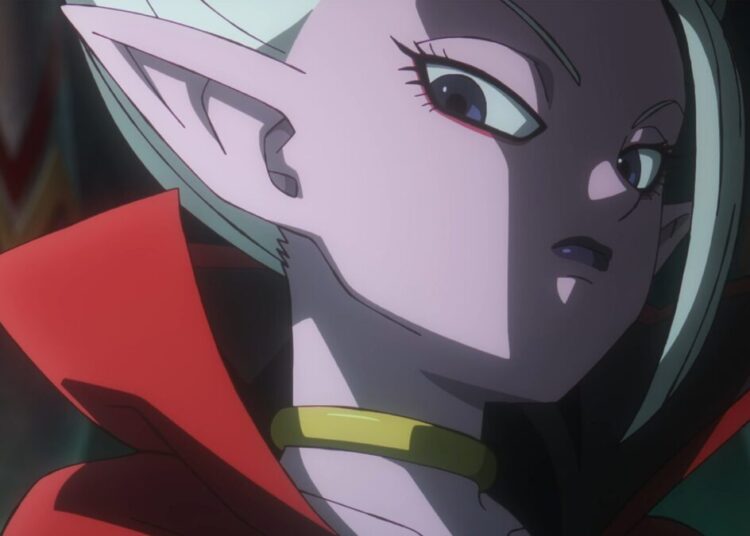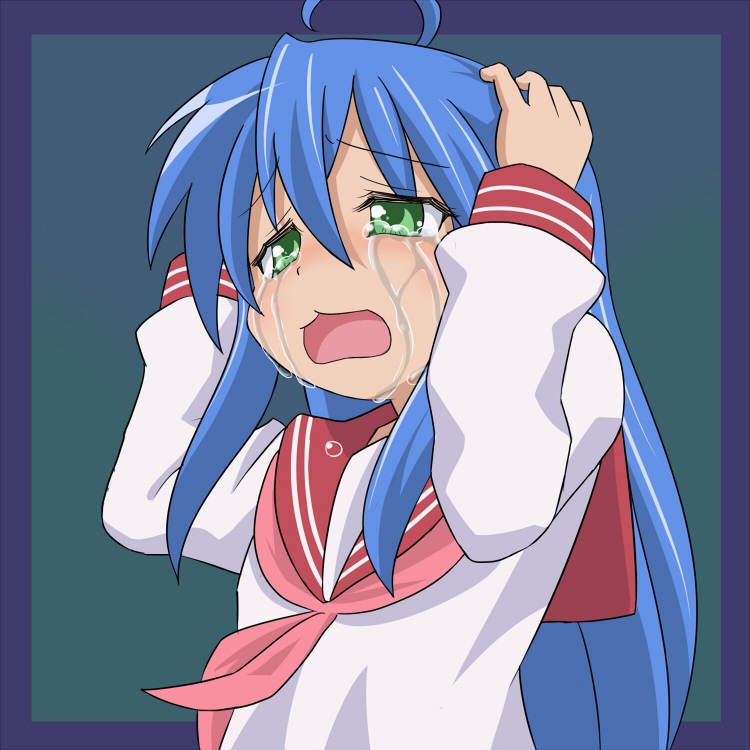It’s a given that otakudom has an impact well beyond the islands it came from. So it’s inevitable that other countries will create adaptations based on Japanese anime and manga, with varying degrees of success. For the longest time, however, Hollywood’s attempts had produced more blunders than veritable hits. The infamous Dragon Ball Evolution (2009) may well be a textbook example of one such nadir.
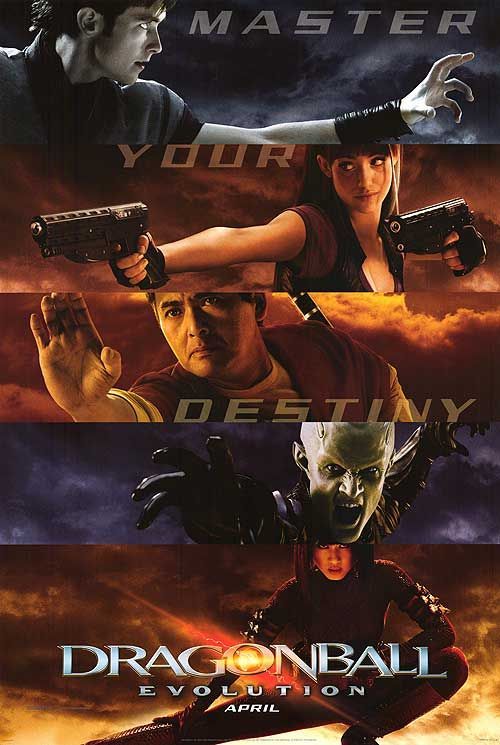
Produced by Stephen Chow, directed by James Wong (of X-Files and American Horror Story fame) and written by Ben Ramsey, this 85-minute long film (100 minutes in the uncut edition) aimed to capture the spirit of Akira Toriyama’s popular Dragon Ball saga for Western audiences. In that regard, it failed miserably in more ways than one. Chances are, you’re almost as likely to hear of the turbulent production as the failure in the work itself.
The film’s trailer, released by 20th Century Fox, manages to bear even less resemblance to Toriyama’s work. Circa 2009. (Source: YouTube)
Even with all the star power and high-profile talent attached, you might still ask: “How did they mess this up?” The better question would be, “where to begin?”
Exit the Dragon
Dragon Ball Evolution, at a glance, provides a condensed version of the original manga’s plot with some twists. Two thousand years ago, the evil Lord Piccolo (James Marsters) was thwarted in his attempts to obtain the seven Dragon Balls and conquer the world. In modern times, young Goku (Justin Chatwin) seeks to fulfill his adoptive grandfather’s last request to meet the legendary Master Rochi (Chow Yun-Fat). Thus, alongside friends like Bulma (Emmy Rossum) and Yamcha (Joon Park), they embark on a quest to stop the great villain to find those same mystical objects before the forces of darkness do.
A snippet showing Goku taking on some bullies at a party, which would be much more fitting to a Fast and Furious spin-off than Dragon Ball. (Source: YouTube)
Given the myriad adaptations that had come out by that point (including two unlicensed live action movies from Taiwan and South Korea in the early ‘90s), you would expect the filmmakers to have had an abundance of inspiration. Indeed, Chatwin himself not only became a fan upon reading Toriyama’s volumes, but also studied classics like Enter the Dragon among others to get into character. Alas, barely any of that seems to show up on-screen.
The film’s tone fluctuates wildly, as if unsure whether it wants to be a martial arts epic or a teen drama. The characters in general, beyond the odd casting, come off as nigh unrecognizable, further worsened by how sloppy the writing and direction can be. These are especially evident in how Goku’s portrayed as a high school student that’s more whiny than childlike (only donning his canon counterpart’s outfit later on), whereas Master Rochi comes across as either half-baked or superfluous, as if Chow Yun-Fat’s not sure how to portray him.
The aesthetics certainly don’t help matters. While the source material wasn’t shy when it came to combining various mystical and sci-fi elements into something coherent, the movie just lumps them all into a disjointed mess. At times, it feels as though there are separate movies spliced in, whether it’s the high school backdrop early on that’s more American Pie than Journey to the West, or the tournament arc coming off more like an uninspired ripoff of The Karate Kid. There’s a seeming attempt to compensate through garish flair and copious special effects. Even these, however, fall flat, whether due to the cheap execution, or the bungled incorporation of hip-hop and dance moves in an attempt to make the martial arts choreography more entertaining. You can’t help but wonder if the creative team had any idea of what they were doing.
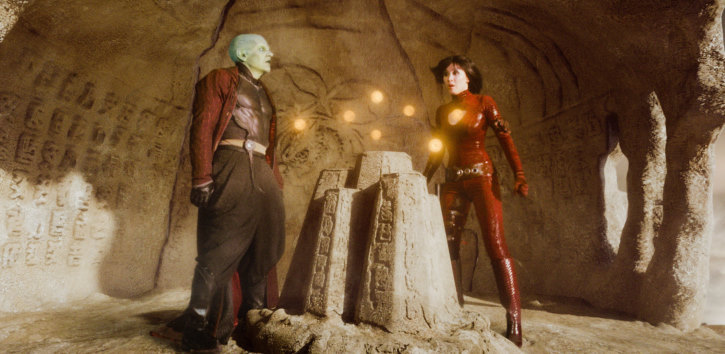
Thus, it doesn’t take a fan to see just how far from the spirit of the original work the film truly is. One would be forgiven for thinking that, if not for a license, you’re watching a bad live-action homage rather than an actual adaptation. And that’s just the tip of the iceberg.
A Turbulent Journey
While Dragon Ball Evolution proved to be a spectacular failure, its creation and aftermath are as much of a trainwreck.
The circumstances alone were suspect even before the premiere. According to Crunchyroll’s Daniel Dockery, David Wong had no familiarity with the source material whatsoever, while Stephen Chow’s involvement was largely nonexistent. Meanwhile, screenwriter Ben Ramsey wrote in an apology letter from 2016 that he has seen the project as a “businessman taking on an assignment” and expected a big payday, even if the resulting script (and subsequent rewrites) was, by his own admission, “flat out garbage.” Thus, even though the movie still carried the name and retained broad plot points, it’s not too surprising that the end result barely resembled the Dragon Ball fans loved.
The fan film Dragon Ball Z: Light of Hope (2015), was praised by Ben Ramsey himself, noting that it’s what Evolution “should have been.” (Source: YouTube)
The production itself wasn’t much better. For one, the bulk of the shooting took place at an old warehouse in Durango, Mexico, instead of a more fitting locale. The casting, ostensibly done due to Wong’s perception that there was in the setting “a feeling of a multicultural world,” backfired, instead contributing to the off-putting characterizations. Cast and crew alike had to contend with desert winds, grueling make-up procedures (especially for Marsters’ prosthetics), and generally rough conditions on-set. That they also had to make do with a much-reduced budget of USD 50 Million instead of earlier claims of USD 100 Million certainly didn’t help matters.
Despite all that, it’s known that Chatwin, even without prior experience with martial arts, genuinely tried his best to bring Goku to life. Something similar could be said of many of the other actors involved, whether it’s Marsters giving a very Shakespearean flair to Piccolo or Jamie Chung (as Chi-Chi) doing much of her own fighting. Even Chow Yun-Fat remarked how he enjoyed his time on-set. If there’s only one thing that went right at all, it’s that there was a sense of camaraderie among the cast instead of any further dysfunctional hijinks.
These, however, made the ensuing fallout all the more tragic. All the rapport and good intentions couldn’t save Dragon Ball Evolution from meeting a scathing backlash, whether from movie critics or fans of the franchise. It not only stained the careers of those involved, notably derailing Wong’s stint as a film director, and killed off planned sequels. It also drove home Hollywood’s seeming ineptitude in adapting Japanese works. Even Toriyama himself was reportedly “upset” about the farce.
It’s not for nothing, then, that several years on, even after the warm receptions of Edge of Tomorrow (2014) and Alita: Battle Angel (2019) among others, this film still haunts most discussions on foreign adaptations. More than a nadir, it’s a warning of how things can go horribly wrong.


